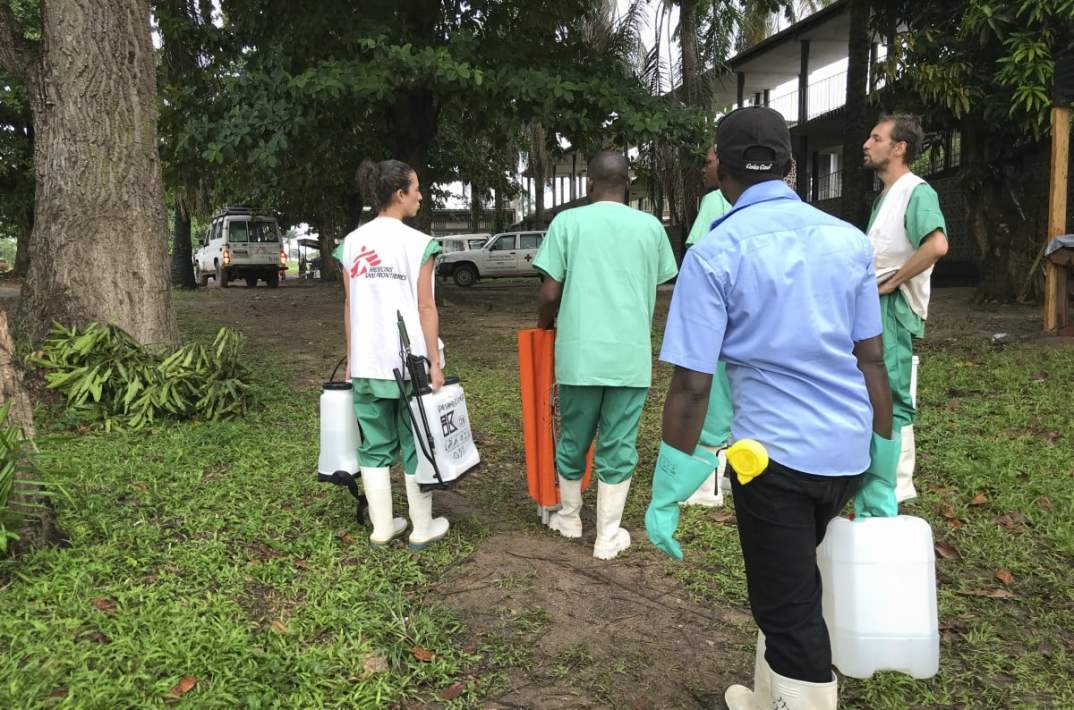Experimental drugs could help as many as 90 percent of Ebola victims survive
After killing more than 1,800 people in the central African nation, the spread of the disease could come to a halt, thanks to the success of two experimental drugs

Ninety percent of people suffering from Ebola could survive if they are treated early with new experimental drugs, according to a new research study.
Although the Democratic Republic of Congo is currently experiencing a major outbreak of the disease, two people have been cured of Ebola after using the experimental drugs and were released from a treatment centre in the country’s Goma region on Tuesday, according to the BBC. The drugs, known as REGN-EB3 and mAb114, attack the Ebola virus with antibodies, rendering the disease ineffective in attacking human cells. The drugs were developed by using antibodies harvested from Ebola survivors.
The drugs will now be used to treat all patients with the disease in the country, according to health officials.
The U.S. National Institute of Allergy and Infectious Diseases (NIAID), which co-sponsored the trial, called the results “very good news,” the BBC said. The trial, which began November 2018, was coordinated by the World Health Organization.
The drugs are the first that “in a scientifically sound study, have clearly shown a significant diminution in mortality” for Ebola patients, said Dr. Anthony Fauci, director of NIAID.
Two other drug treatments, ZMapp and Remdesivir, have now been dropped from trials because they were less effective.
Sabue Mulangu, a researcher studying infectious diseases, worked on the trial. Mulangu said the findings give health officials ammunition in informing people that “more than 90% of people survive” if they are treated early.
Jeremy Farrar, director of the Wellcome Trust global health charity, added that the study’s success proves that treatments will “undoubtedly save lives” and that scientists are making significant progress in turning Ebola into a “preventable and treatable” disease, according to The BBC.
“We won’t ever get rid of Ebola but we should be able to stop these outbreaks from turning into major national and regional epidemics,” Farrar said.
Ebola has killed more than 1,800 people in the DR Congo over the past year.
